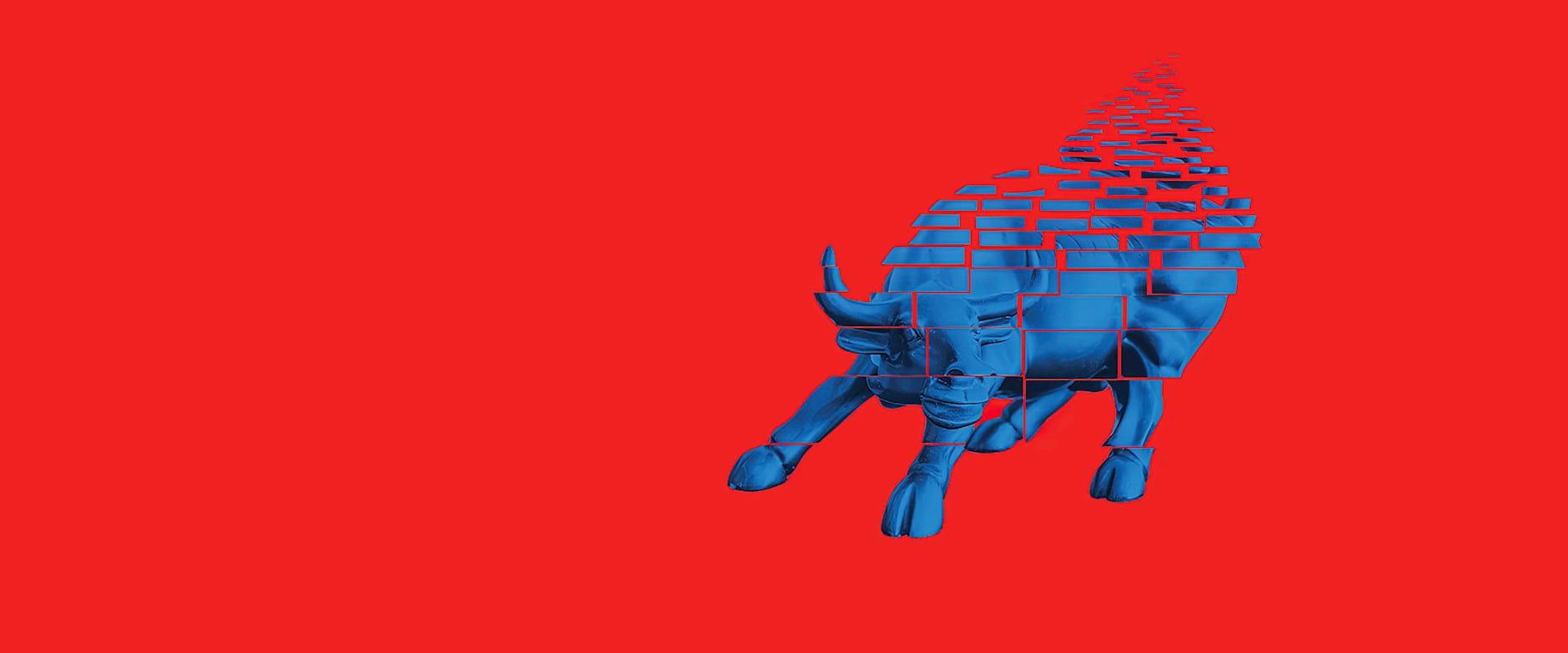In strong economies, the announcements of politicians rarely shake markets because governments are unlikely to change their policy when things are going well. But during recessions, governments tend to take stimulative measures—with unknown outcomes. This is why political news affects markets especially when the economy is weak, according to Pastor and Veronesi.
When the financial system shook in fall 2008, the market was still volatile despite government actions. And in the aftermath, investors reacted strongly to political news. After share prices bottomed in March 2009 during the Great Recession, the economy remained weak, losing hundreds of thousands of jobs a month. Yet reacting to comments from Federal Reserve Chairman Ben Bernanke and the promise of an economic stimulus package from Congress, investors started buying stocks.
“Political uncertainty makes stocks more volatile because it makes political signals more potent,” Pastor and Veronesi write. “It also makes stocks more correlated because political signals affect all firms.” Thus, because uncertainty increases the correlations between individual stocks, it’s harder for investors to diversify it away.
To test these ideas, the researchers turned to options markets. A stock option can function like insurance that kicks in if a stock price falls, and contracts can be bought and sold for specific timeframes. At Booth, Bryan Kelly (now at Yale) and Pastor and Veronesi looked at elections and summits, which regularly produce policy shifts, to compare the price paid for options that expired just before, during, and just after an event.
Sure enough, investors put a dollar value on political risks associated with such events. And they put a higher value on them when the economy is weak and political uncertainty is high, because that is when lasting political change is more likely, say Pastor and Veronesi.
The three researchers analyzed stock options data from 20 countries dating back to 1990. They looked at what happened around key events, including the 2008 US presidential election and the 2012 Greek parliamentary elections, both of which occurred in the midst of financial crises. The researchers then looked at how options contracts performed around such events—and confirmed that options protection is more expensive before a major political event.
“Our results indeed suggest a sizable risk premium for political uncertainty, especially in a weak economy,” they write. This fact, that the risk premium for political uncertainty is higher in a weak economy, is something investors could use to better protect themselves—and profit from.
Risk in credit markets
Uncertainty, naturally, affects bond markets too. Veronesi wanted to quantify the impact of political uncertainty on bond markets, and again turned to options to do so.
Investors measure the risk of an individual bond by looking at the difference between its yield and that of the benchmark 10-year US Treasury note. In general, the riskier the bond, the wider its “spread” against Treasuries, as investors demand a higher yield to compensate them for the greater risk.
Measuring the impact of macroeconomic uncertainty on these spreads can be tricky, mostly because credit markets aren’t as transparent as equity markets, and because some corporate bonds aren’t particularly liquid. Also, since corporate bonds reflect the financial situations of individual companies, it’s tough to separate macro factors from the so-called idiosyncratic risk that individual companies may face, such as the impact of heavy borrowing or changes in their credit rating.



